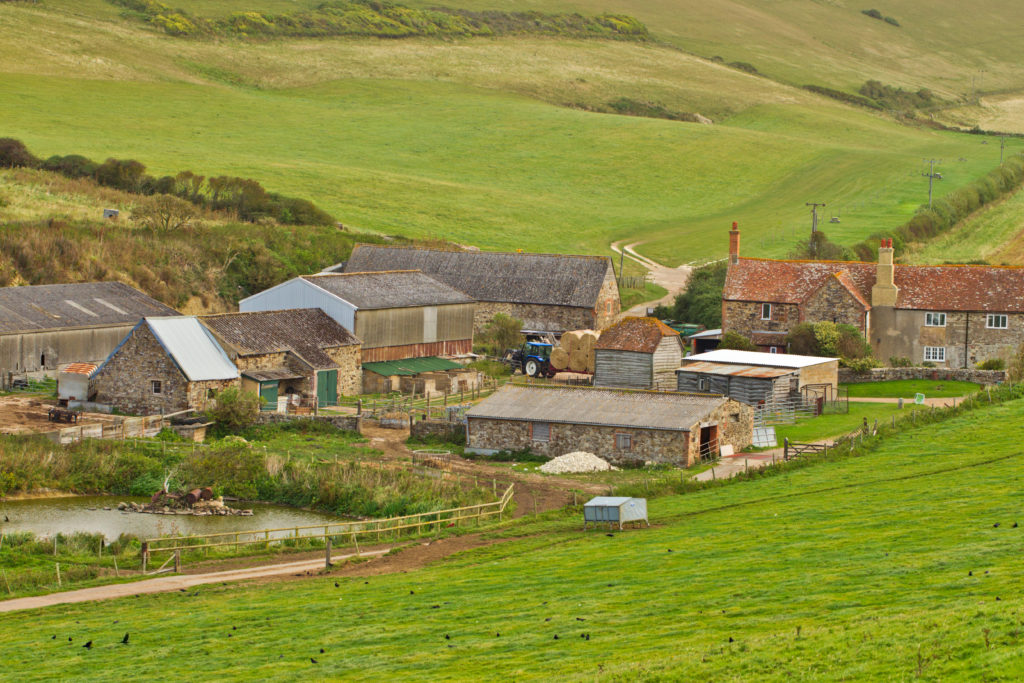
Farming divorces are often very different to other divorce cases. Although, on the face of it, the law applies to farming divorces in the same way it does to other divorces, there is a recognition that there are complexities which are unique to farming cases, and which require knowledge and experience to be dealt with effectively. Here we set out some of those considerations:
Valuation
Early on, there will need to be a valuation of the farm. This will include the land and buildings, but also, very often, livestock and deadstock. It will be important to instruct experienced valuers, who understand the changeable market. In relation to the land, this will include, for example, understanding any:
- Agricultural ties
- Planning and development opportunities
- Rights of way
- Agri-environmental schemes
In terms of livestock, if a spouse is not forthcoming with figures for livestock, then it will be necessary to look at alternative methods of ascertaining livestock numbers – for example:
- Livestock movement records
- Official purebreed registers
- Sale adverts in a variety of forms
Once there is a clear picture of the assets available, consideration can be given as to how they are dealt with in an overall financial settlement.
Farming Structure
The vast majority of farms are farmed in partnership with family members. How the partnership is structured can vary – it may be that the partnership is regulated by a partnership agreement, or it may be that the partnership has come together, over a period of time, without any formal agreement. It may well be that accountants are able to advise on the partnership shares but, if a family member has contributed to the farm and is not formally recognised as a partner, they may choose to be added as an intervenor within divorce proceedings, to ensure that their contribution is recognised.
Even once the partnership structure has been ascertained, there are likely to be complexities in terms of how the land is held, and whether parts of the farm have been passed on to younger generations in the interests of keeping the farm together. The financial disclosure process will be important in order to ensure that these issues are all clarified before attempting to work out how any settlement might work.
In general, the longer the farm has been in one family, the more likely the Court is to want to ensure that the farm continues to be a working and profitable business for the generations to come.
Viability
While there is often significant capital in farming cases, simply selling parts of the farm may not be an option, as it may compromise the financial viability of the farm. An experienced agricultural surveyor will be able to advise on which parts of the farm could be sold, while maintaining sufficient income for the business to be sustainable.
If selling part of the farm isn’t possible, then it will be important to look at options for borrowing against the farm – again, this is complex, and it is important that borrowing is not so extensive that the interest is unaffordable and impacts the profitability of the business.
Tax
It will be important to think about the tax implications of any settlement at an early stage – for example, if it is intended that land will be sold, then we will need to be clear about the capital gains tax consequences of that sale, so that this can be factored into the availability of cash for the payment of a lump sum. Very often considerable cash sums will have been spent on farm buildings and developments, sometimes over the course of generations, and this information will be vital in calculating a realistic capital gains tax figure. Accountants are often able to assist with compiling this information. If land was acquired prior to 1982 then a 1982 valuation may be required, unless there are other records (such as probate records) which are able to provide an accurate acquisition value for the purposes of capital gains tax calculations.
It is not uncommon for farming families who are dealing with a divorce to decide to consider Inheritance Tax planning following the conclusion of the divorce proceedings, in order to ensure that the farm is protected in the future. This is often done in conjunction with our Corporate team, where there is not already a partnership agreement, and/or pre- or post-nups, to ensure that the prospect of such difficulties are minimised in the future.
Farming divorces are not like other divorces, and it is essential that advice is obtained from solicitors who have the knowledge and expertise to guide you through the divorce process. At Stephens Scown, we benefit from having legal advisors specialising in all areas of rural life, who are able to contribute their expertise to the running of a farming divorce case.
